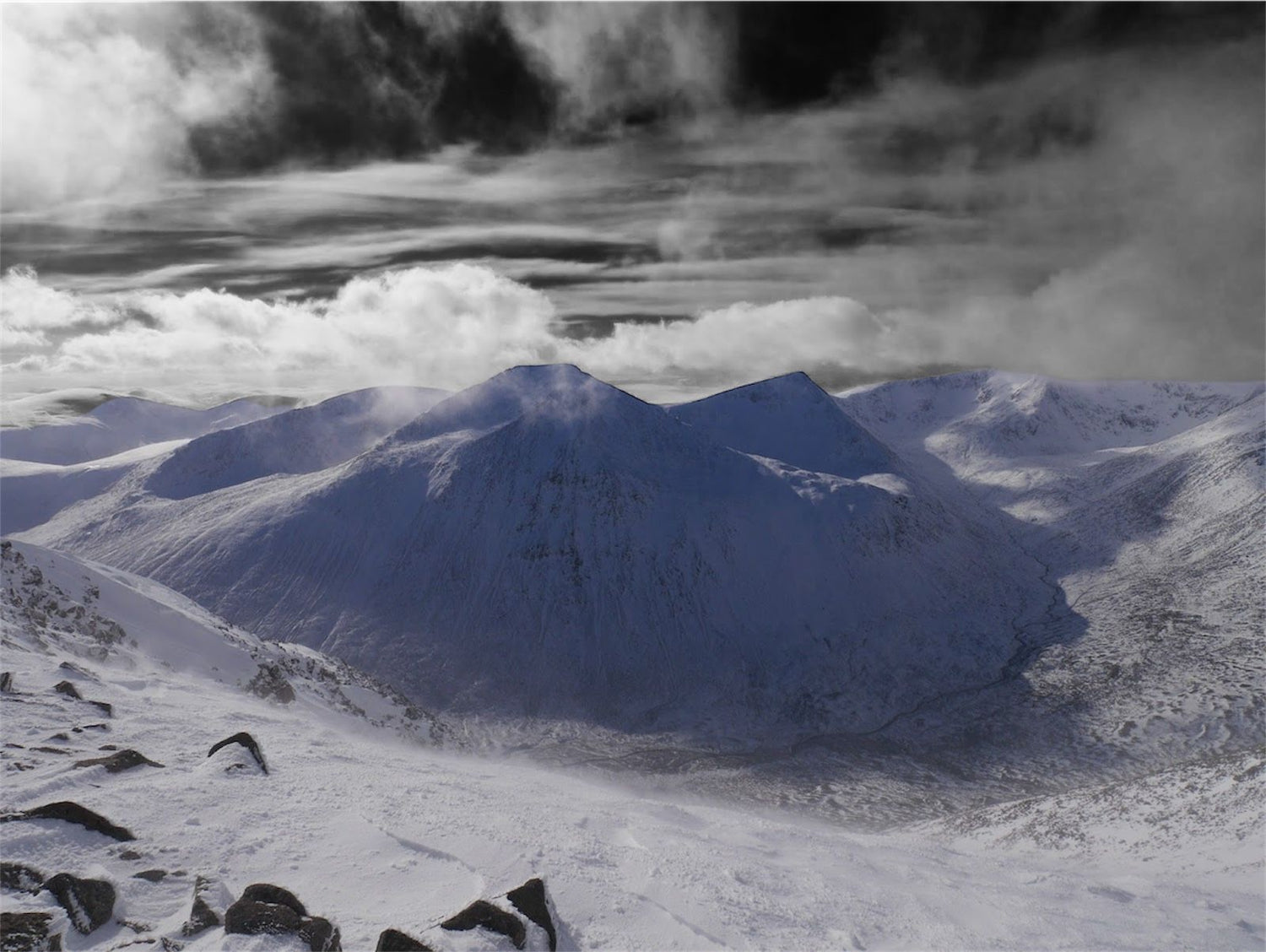The Life and Legacy of Reinhold Messner
Reinhold Messner, born on September 17, 1944, in Brixen (Bressanone), South Tyrol, Italy, is widely regarded as one of the greatest mountaineers and explorers in history. His pioneering ascents and relentless pursuit of climbing "by fair means" have set new standards in the world of high-altitude mountaineering. Growing up in the Dolomites, Messner was introduced to the mountains at a young age by his father. By his early twenties, he had already completed over 500 ascents in the Alps, showcasing his exceptional climbing skills and deep passion for the sport.
Messner’s mountaineering career is marked by ground breaking accomplishments that pushed the boundaries of human endurance and capability. One of his early achievements was the first ascent of Nanga Parbat’s Rupal Face in 1970, a feat that ended in tragedy when his brother Günther was lost to an avalanche during their descent. Messner himself suffered severe frostbite, leading to the amputation of several toes. This expedition, though harrowing, was pivotal in shaping his approach to mountaineering and his philosophy of embracing the inherent risks of the sport.
In 1978, Messner and Peter Habeler became the first climbers to summit Mount Everest without supplemental oxygen, a milestone that defied prevailing scientific assumptions about human limits at extreme altitudes. Two years later, Messner achieved another historic first with a solo ascent of Everest, again without supplemental oxygen, during the monsoon season. This extraordinary feat demonstrated not only his physical endurance but also his unmatched mental fortitude. By 1986, Messner became the first person to summit all fourteen peaks over 8,000 meters, doing so without supplemental oxygen, an accomplishment that cemented his legacy in mountaineering history.
Messner’s philosophy of climbing "by fair means" emphasized minimalistic and self-reliant ascents. He rejected the use of supplemental oxygen, large expeditions, and fixed ropes, believing that these practices diminished the purity and challenge of mountaineering. This approach often faced criticism from traditionalists, but it profoundly influenced the evolution of modern mountaineering ethics, inspiring climbers worldwide to adopt a similar ethos of respect for the mountains.
Throughout his career, Messner faced significant challenges and controversies. The loss of his brother Günther on Nanga Parbat led to years of personal trauma and public scrutiny. His account of the events was initially met with scepticism, but the discovery of Günther’s remains years later corroborated Messner’s version of their descent. Despite this and other challenges, Messner remained steadfast in his commitment to his principles and continued to push the boundaries of what was thought possible in mountaineering.
Messner’s explorations extended beyond high-altitude climbing. He undertook diverse expeditions, including the first crossing of Antarctica on foot without animal or motorized assistance and a solo traverse of the Gobi Desert. These achievements showcased his versatility as an explorer and his ability to adapt to extreme environments.
In addition to his physical accomplishments, Messner has left a lasting legacy through his writings and advocacy. He has authored over 80 books, sharing his experiences, philosophies, and the profound lessons he has learned from the mountains. His Messner Mountain Museum, spread across six locations in South Tyrol, celebrates mountain culture, history, and the relationship between humans and the natural world.
Messner has also been a vocal advocate for the preservation of mountain environments and cultures. He emphasizes sustainable and respectful approaches to exploration, recognizing the need to balance human ambition with environmental stewardship. His personal life, shaped by profound experiences in the mountains, has included roles beyond climbing. Between 1999 and 2004, he served as a Member of the European Parliament for the Italian Green Party, focusing on environmental and cultural issues.
Reinhold Messner’s life is a testament to the relentless pursuit of exploration and the human spirit’s capacity to overcome formidable challenges. His achievements have redefined the possibilities in mountaineering, inspiring generations to approach the mountains with respect, humility, and a commitment to pushing the boundaries of human potential.
Explore Without Limits!






